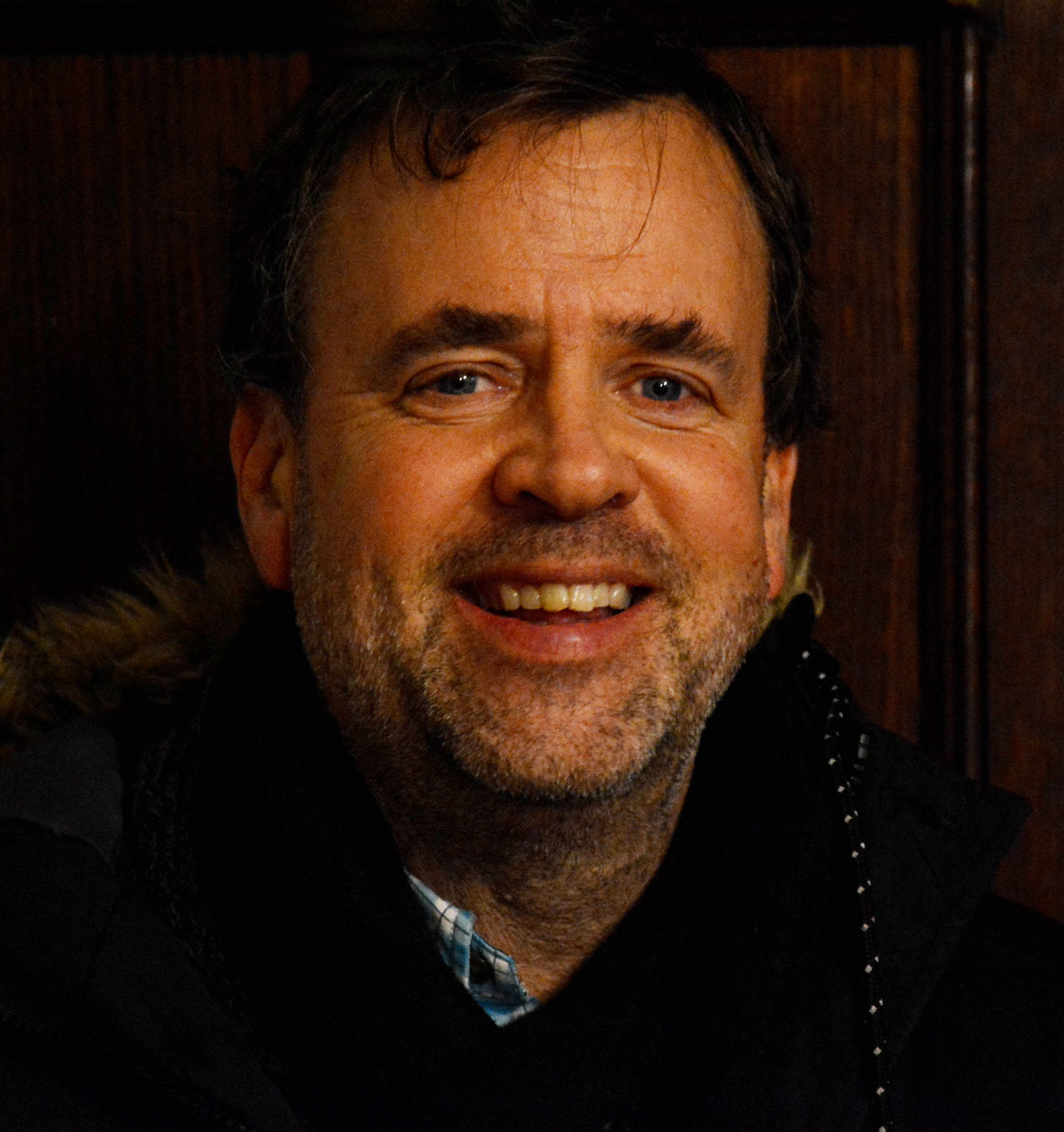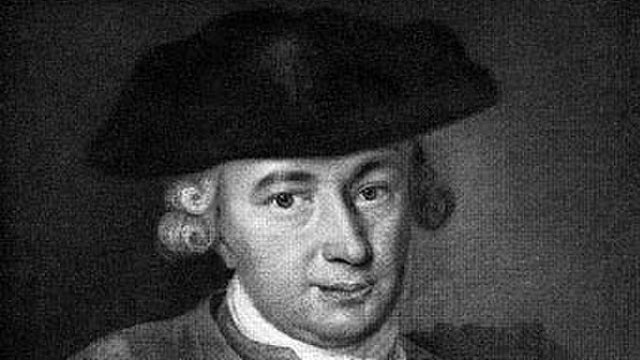The Doctrine of God for a Self-Obsessed Age: The God Who is True to Himself
Part II of Andrew Fellows' Fall talk series. The German philosopher Nietzsche predicted that the ‘death of God’ would lead to a culture of emptiness. That has transpired and our voided age needs God. But which God? In this lecture series Andrew Fellows argues that the antidote is a deep engagement with the true and living God and that He alone is the way back to reality, stability, and true happiness. The nature of who God is means that He is always true to Himself. Contrary to what we believe, this is simply not possible for humans. In this lecture we see that humans only become who they were meant to be in relation to the One who is the great 'I AM'. ...










